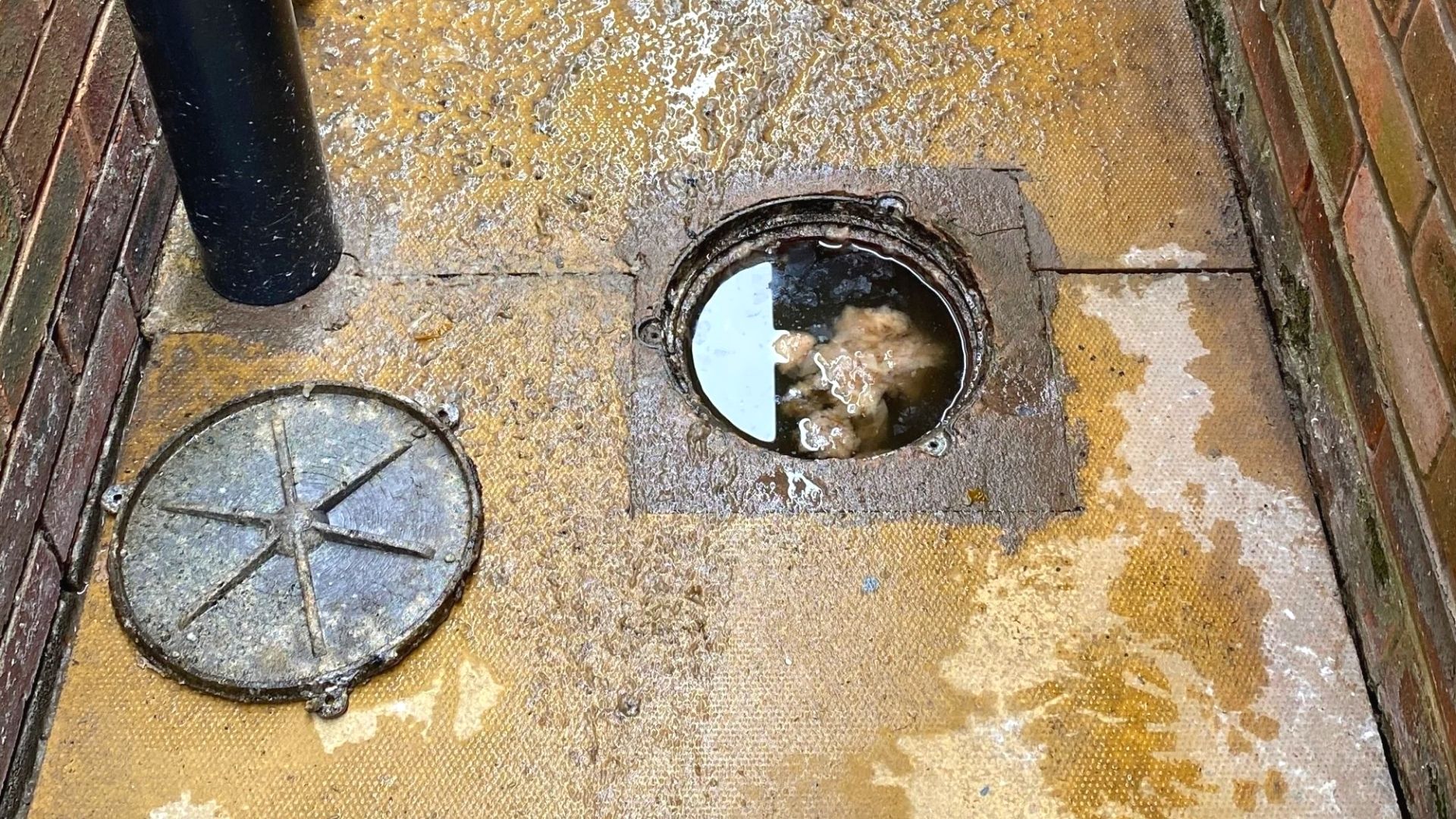Tips for Handling a Blocked Drain Before Contacting Plumbing Professionals
Tips for Handling a Blocked Drain Before Contacting Plumbing Professionals
Blog Article
Just about everyone maintains their personal thoughts when it comes to How to handle a clogged drain in your home.

Introduction
Dealing with an obstructed drain can be an aggravating experience, disrupting daily activities and potentially causing damages to your residential or commercial property. Nevertheless, before connecting to pipes professionals, there are steps you can require to resolve the issue yourself. In this overview, we'll discover DIY options and safety nets to deal with a blocked drain successfully.
Determining the Problem
The very first step in attending to an obstructed drain is acknowledging the signs. Slow drainage, gurgling sounds, foul odors emanating from drains, or water support up are common signs of an obstructed drain. Determining these indicators early can aid protect against additionally difficulties.
Typical Causes of Obstructed Drainpipes
Understanding the elements that contribute to drain pipes clogs is essential for effective resolution. Typical perpetrators include hair, soap scum, oil, food debris, and international things like sanitary items or paper towels. Tree roots getting into below ground pipes can additionally cause significant blockages.
DIY Solutions
For minor clogs, several do it yourself options can be effective. Pouring boiling thin down the drainpipe can assist liquify oil and particles. Baking soda and vinegar or a blend of salt and cooking soda can serve as all-natural cleansers. Making use of a plunger or plumbing snake to displace obstructions is one more alternative.
Devices and Tools
Having the right devices available can make do it yourself drain cleaning up much more efficient. A plunger is a versatile tool for clearing blockages in sinks, commodes, and showers. A pipes snake or auger can reach much deeper blockages, while drain cleansing chemicals can be utilized very carefully for stubborn clogs.
Safety nets
To prevent future clogs, embracing preventive measures is essential. Set up drainpipe guards or strainers to capture hair and debris prior to they get in the pipelines. Frequently flush drains with warm water to liquify grease build-up, and stay clear of getting rid of grease or solid waste away.
When to Call a Specialist
While do it yourself options can settle small clogs, certain indications suggest the requirement for expert help. Consistent clogs, foul odors in spite of cleansing initiatives, or several drains backing up at the same time are red flags that call for professional treatment.
Choosing the Right Pipes Service
When selecting a pipes solution, take into consideration variables such as experience, licensing, and customer evaluations. Choose a reliable plumbing technician with a track record of quality workmanship and clear prices practices.
Price Considerations
The cost of professional drainpipe cleaning services can vary depending on the seriousness of the blockage and the plumbing professional's rates. Demand quotes from multiple suppliers and ask about any kind of surcharges to make sure transparency and avoid shocks.
Safety and security Measures
When attempting do it yourself drainpipe cleansing, focus on safety and security. Use protective handwear covers and eyeglasses to stay clear of contact with damaging chemicals or microorganisms. Never blend various drainpipe cleaning products, as this can create hazardous fumes.
Situation Researches
Real-life instances illustrate the efficiency of do it yourself solutions and the relevance of prompt expert intervention in resolving drainpipe clogs.
Verdict
By complying with the pointers outlined in this overview, you can effectively tackle blocked drains and prevent future pipes issues. Whether selecting do it yourself options or seeking expert support, timely activity is key to keeping a healthy plumbing system and preserving the stability of your home.
HOW DO PLUMBERS AND DRAINAGE EXPERTS CLEAR BLOCKED DRAINS?
Most of us have dealt with a backed up drain at some point in our lives! Whether it’s in our home or at our business, when the toilet begins to overflow or the sink doesn’t drain properly, we ultimately seek help from professionals to clear wastewater lines and get things flowing again.
Sure, you can attempt every possible drain hack in the hopes that your line clears but, often, it’ll require more than just pouring something down the drain. Keep in mind too, that pouring acid-based liquid cleaners down your drain can result in even more problems. If unable to clear – and pass through – the clog, it’ll sit in the line and begin to eat away at the pipe. Calling a plumber or professional to clear your drain might be your last resort but it’s the proven result. So, what do they do, and what type of equipment do they use, to get rid of a blocked drain line?
How Do Plumbers And Drainage Experts Clear Blocked Drains?
To better understand exactly where the problem is located, experts will typically start with an assessment and a video sewer inspection. Using non-invasive equipment that enters and exits through the pipe, these cameras offer a look inside the pipe and can spot anything from buildup, to forming clogs, to tree roots to small holes that could be a future problem – in real-time. It can see up to 150 feet of even the hard-to-reach places of the line, so there’s nowhere to hide.
https://www.zoomdrain.com/blog/2023/january/how-do-plumbers-and-drainage-experts-clear-block/

I discovered that piece of writing on How to handle a clogged drain in your home when doing a lookup on the internet. If you liked our article if you please remember to share it. I am grateful for being here. Kindly pay a visit to our website back soon.
Request An Appointment Report this page